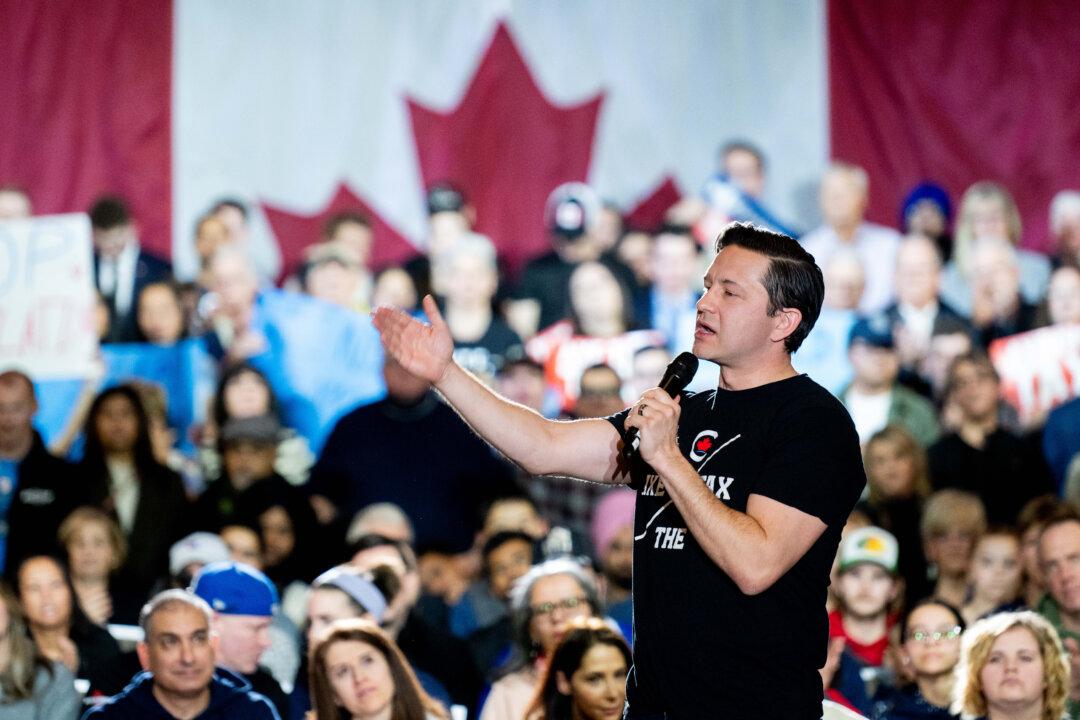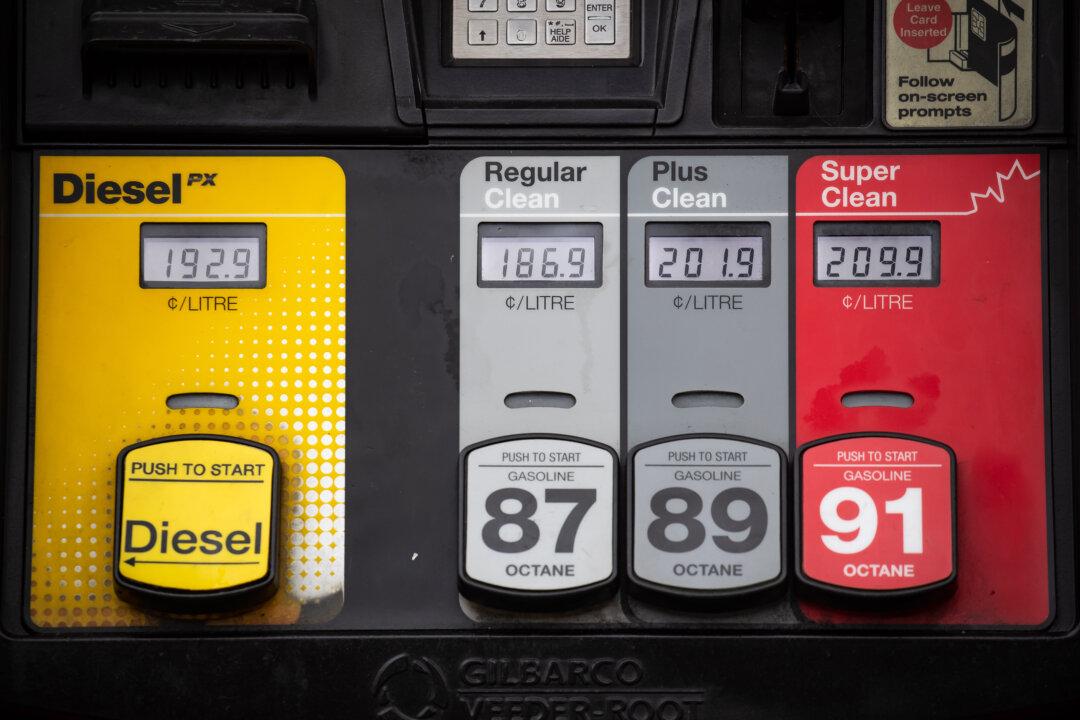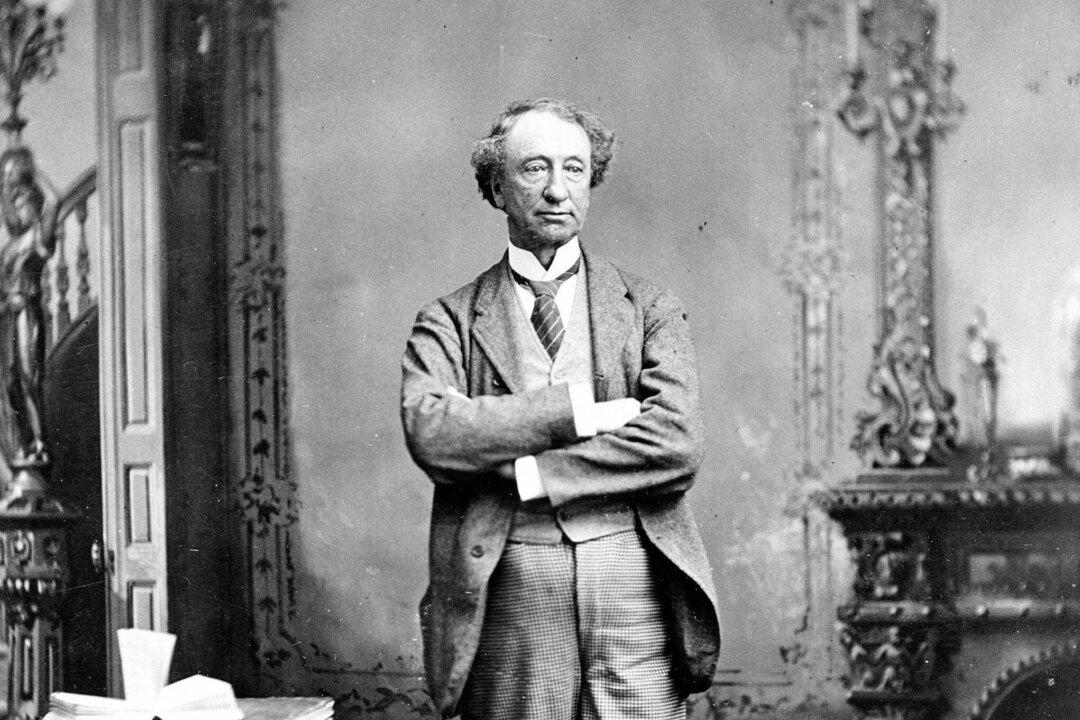Conservative Leader Pierre Poilievre is calling on Prime Minister Justin Trudeau to hold an emergency meeting with the country’s premiers to discuss the April 1 carbon tax increase.
Mr. Poilievre has asked the prime minister in a formal letter to meet with provincial and territorial leaders within the next six weeks to address the “carbon tax crisis.”





